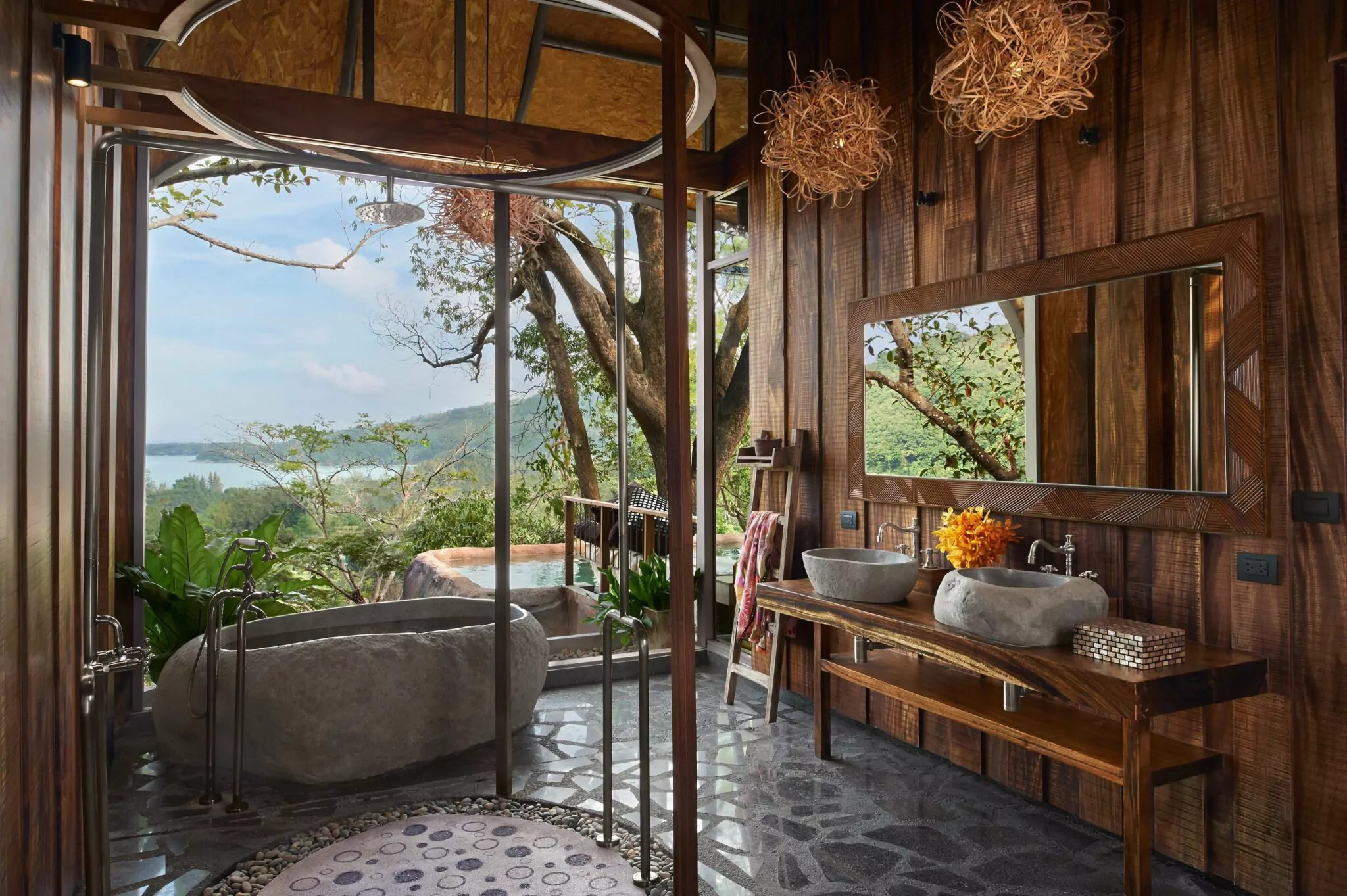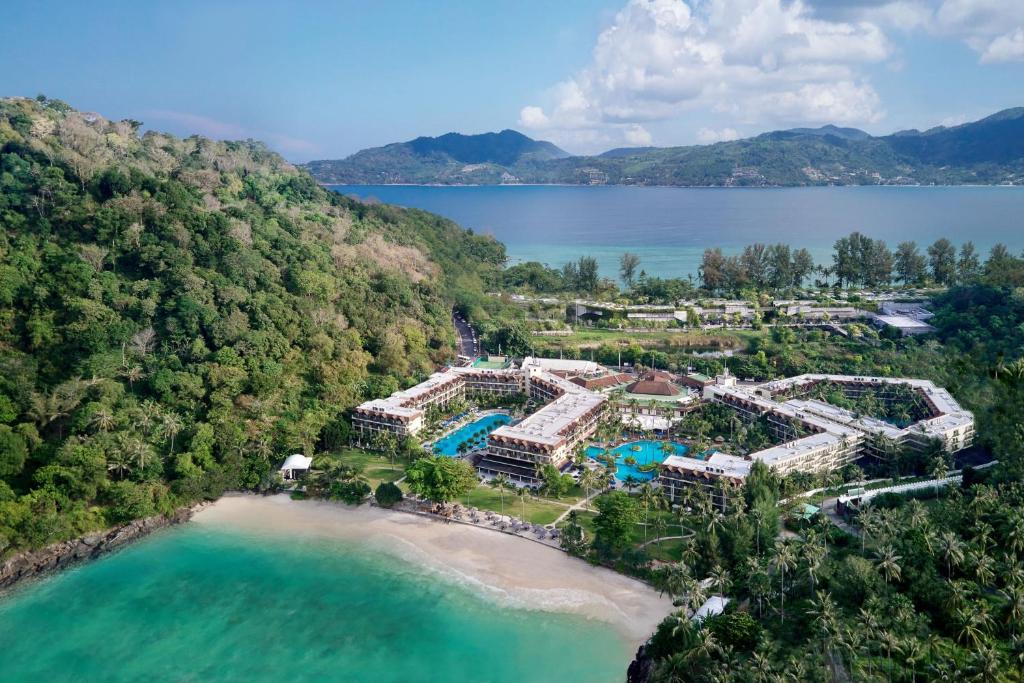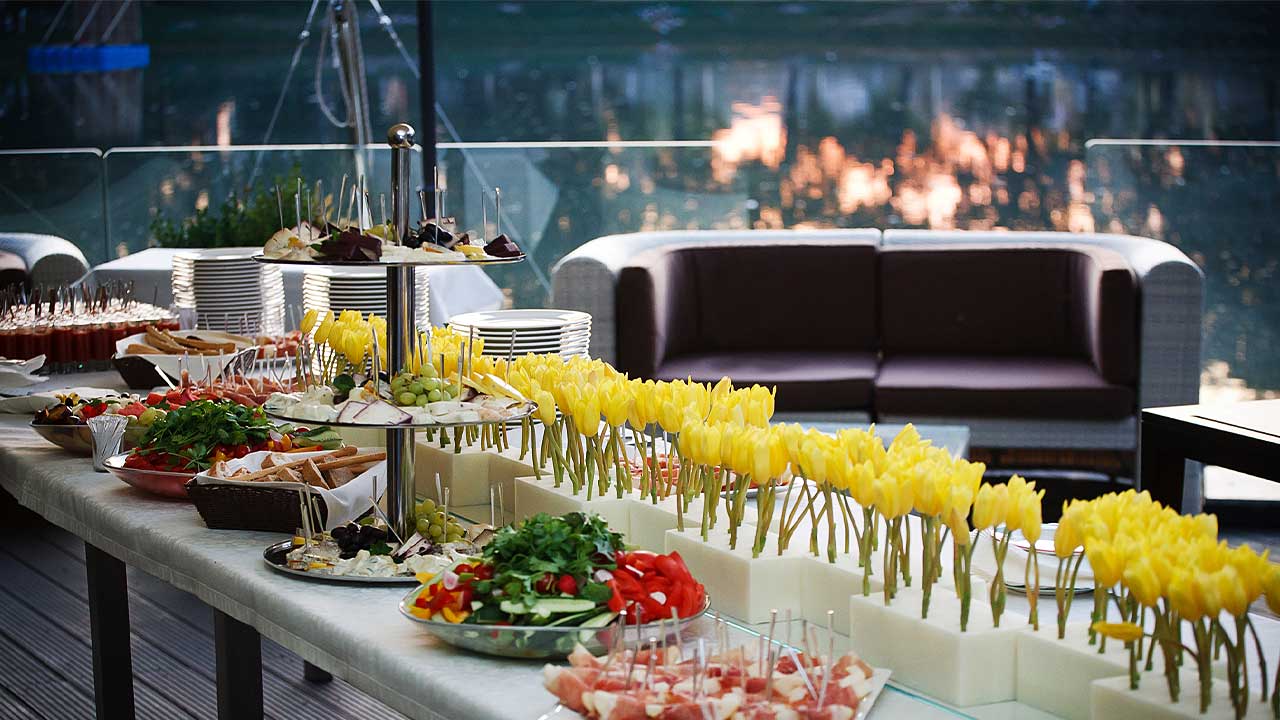The Art of Creating Sustainable Spaces with OS&E/FF&E Design
In an era where environmental consciousness is taking center stage, industries across the board are shifting towards sustainable practices. The hospitality sector, known for its grandeur and opulence, is not exempt from this global movement toward sustainability. One pivotal aspect of this transition is the integration of sustainable Operating Supplies and Equipment (OS&E) and Furniture, Fixtures & Equipment (FF&E) design within the hospitality industry. As hotels strive to offer not only luxury but also an eco-conscious experience, embracing sustainable OS&E/FF&E is becoming a cornerstone of modern hospitality design.
Inspiring a Greener Path in Hospitality OS&E/FF&E
Today’s discerning guests are more environmentally aware than ever before, and their preferences are shifting towards establishments that align with their values. The subtlety of sustainability in OS&E/FF&E furniture resonates with these eco-conscious travelers, offering an experience that’s not only luxurious but also responsible. According to the World Economic Forum, adopting sustainable procurement practices is not only better for the earth, but also provides businesses with a measurable 15% to 30% increase in brand equity, which fosters revenue growth.
Sustainability in OS&E/FF&E design goes beyond superficial gestures; it involves a deep commitment to eco-friendly practices. This commitment is evident from the very beginning stages, starting with the careful selection of materials. The shift towards using recycled, upcycled, or sustainably sourced materials is a defining step. Beyond materials, the manufacturing process itself can be transformed through the use of low-volatile organic compound finishes and water-based adhesives. These measures significantly reduce the environmental impact of the production process, making it a pivotal decision for hoteliers.
Furthermore, forward-thinking hotels are exploring innovative ways to harness renewable energy sources for their facilities. Solar or wind power installations not only reduce reliance on non-renewable energy but also showcase a commitment to utilizing cleaner alternatives. By incorporating these renewable energy solutions into their operations, hospitality establishments can further amplify their environmental efforts and inspire others to follow suit.

Marriott’s Bold Step Toward Sustainable OS&E/FF&E Design
The hotel industry’s commitment to ambitious sustainability targets signifies a collective shift towards more responsible practices. Marriott’s specific goal of having 95% of FF&E products reach the highest rating in the Material Sustainability Assessment Program (MSAP) underscores its commitment to sourcing materials that adhere to strict sustainability criteria. This demonstrates a comprehensive approach to sustainability, where every aspect of the product’s lifecycle is considered. Especially, JW Marriott Phu Quoc has embraced environmental consciousness by integrating sustainable practices into its interior design.
The incorporation of over 5,000 upcycled antiques lends a rich historical narrative to the space, underscoring the idea that not everything within a new hotel needs to be entirely fresh. This innovative approach not only tells captivating stories but also exemplifies one of the most sustainable design projects of its scale. Furthermore, the installation of a water bottling plant represents a significant stride in sustainability. This facility effectively avoids the consumption of billions of single-use plastic bottles. Distinguishing itself from the majority of Marriott properties, the hotel ensures that every guest room benefits from natural light on two sides, eliminating the need for artificial lighting during daylight hours. This conscious design choice significantly conserves energy resources, setting a commendable precedent for sustainable hospitality practices.
Sustainability in OS&E/FF&E hospitality design is a multi-faceted endeavor that encompasses material selection, manufacturing processes, and energy considerations. The integration of eco-friendly materials and energy-efficient practices not only aligns with global sustainability goals but also resonates with environmentally conscious guests. As the hospitality industry continues to evolve, prioritizing these elements in OS&E/FF&E design becomes not just a trend but a fundamental responsibility.








